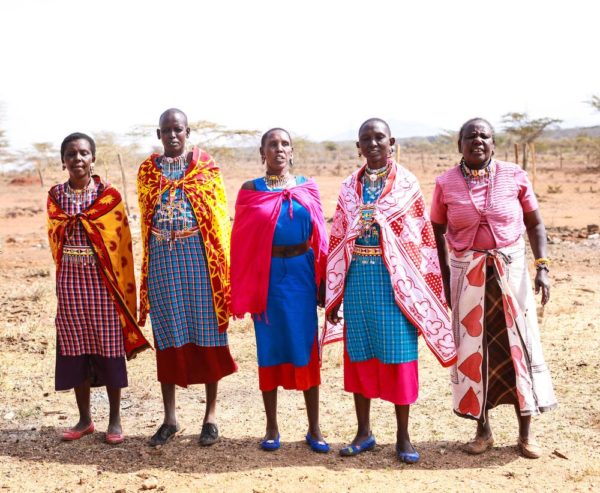Over the last decade, there has been increasing attention on the African Fashion Industry – from the emergence of our indigenous fashion weeks to the global spotlight on Africa as a possible frontier for sourcing and manufacturing and to African designers gaining international relevance by showcasing in London, New York, Milan and Paris topped with countless global features. There has been a shift from being at the peripheries of global fashion conversations, to taking center stage with the reinforcing theme of “Africa Rising”, “Africa: Shaping Fashion’s Future”.

For Africa, the fashion conversation is in two tiers, one – how do we define for ourselves the African fashion narrative but most importantly, how do we utilize fashion as a tool to grow our economies, to create wealth, and not just at the tip of fashion’s value chain but right down to the very bottom. Fashion should be a transformative socioeconomic agent for the continent with the aim to support local producers of cultural goods and services and the potential to build high-value, profitable businesses that can grow the economy at large.
Artisanship can be characterized as the foundation of African fashion, whether in weaving cloth by hand, intricate needlework, the use of organic dyes or embroidery, these have all become strong signifiers of African fashion, even in contemporary contexts. The interplay between contemporary fashion in Africa and historic cultural reference points expressed through native textiles, have contributed significantly to shaping the African fashion narrative till date. Key to the preservation of these historical cultural reference points are the artisans. They are the unsung heroes working behind the scenes, weaving into relevance ancient cultures, conserving traditional knowledge. Each culture, region, or sometimes, even families have traditional craft knowledge passed down throughout the ages. In parts of Eastern Nigeria it is Akwete, a unique hand woven textile made out of sisal-hemp, raffia and spun cotton. In Ghana, it is Kente, a type of silk and cotton fabric…
Source: BellaNaija




0 comments: